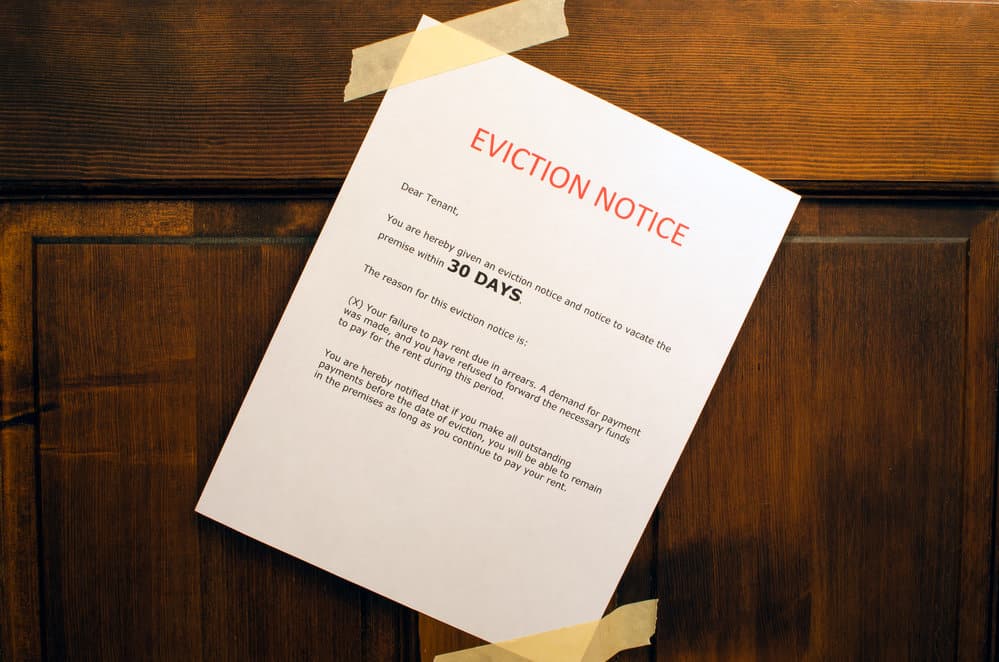Indiana Laws on Eviction for Tenants & Landlords
Compared to other states, Indiana has the most lenient eviction process in the country. For example, a landlord must wait ten days after giving notice to evict before starting the eviction process. Landlords in many other states only have to wait three to five days. At the same time, Indiana landlords can file quit notices right away. This applies to both vandalism and expired leases.
If the Indiana law on eviction is not followed, fines and even jail time may apply.
Indiana Laws on Eviction for Tenants
Tenants can not be evicted based on color, race, handicap, sex, religion, or national origin. These categories are considered protected classes in the state of Indiana.
Tenants can also not be evicted if they have a therapy dog or a service dog. The Fair Housing Act has established this.
Key points to remember:
- Discrimination
- Service pets
Indiana Laws on Eviction for Landlords
There are some reasons why a landlord in Indiana can legally evict a tenant. A tenant can be evicted for violating the lease or rental agreement rules and for nonpayment of rent due.
Common lease violations include drug activity, pet restriction violations, criminal activity, or vandalizing the property. Even if a tenant only threatens to damage the rental property, they can still be evicted.
Key points to remember:
- Nonpayment of rent
- Lease violations
Eviction Process in Indiana
With a month-to-month tenant, the landlord must give the tenant 30 days’ notice to vacate the premises. The landlord must give three months’ notice to vacate the premises with a yearly tenant.
If the tenant has not vacated the rental premises after being given proper notice, the eviction process begins. First, the tenant must be explained the notice of eviction document.
The landlord then goes to court to schedule a hearing with the Clerk of the Court. The landlord’s next thing is to have the tenant formally served with a notice of a lawsuit.
Keep in mind that landlords are not permitted to lock tenants out or change the locks during—the eviction process.
If.the tenant does not move out by the date set forth by the court order; the landlord can then request a writ of possession. The tenant is then forcibly removed from the rental premises. The sheriff’s deputy typically does this. The sheriff’s deputy also supervises the removal of the tenant’s belongings.
Key points to remember:
- Appropriate notice of eviction
- Notice of lawsuit
- Writ of possession
Summary
An eviction notice is always stressful for the tenant and the landlord. Emotions can run high. It’s always best for both parties to stay calm and adhere to the mandated legal process. Both tenants and landlords are required to follow the law.
If the law is not followed, fines and even jail time may apply to the landlord or tenant. If you have any questions about the eviction process in the state of Indiana, it is wise to consult with an experienced attorney. Contact one if you have any questions.



